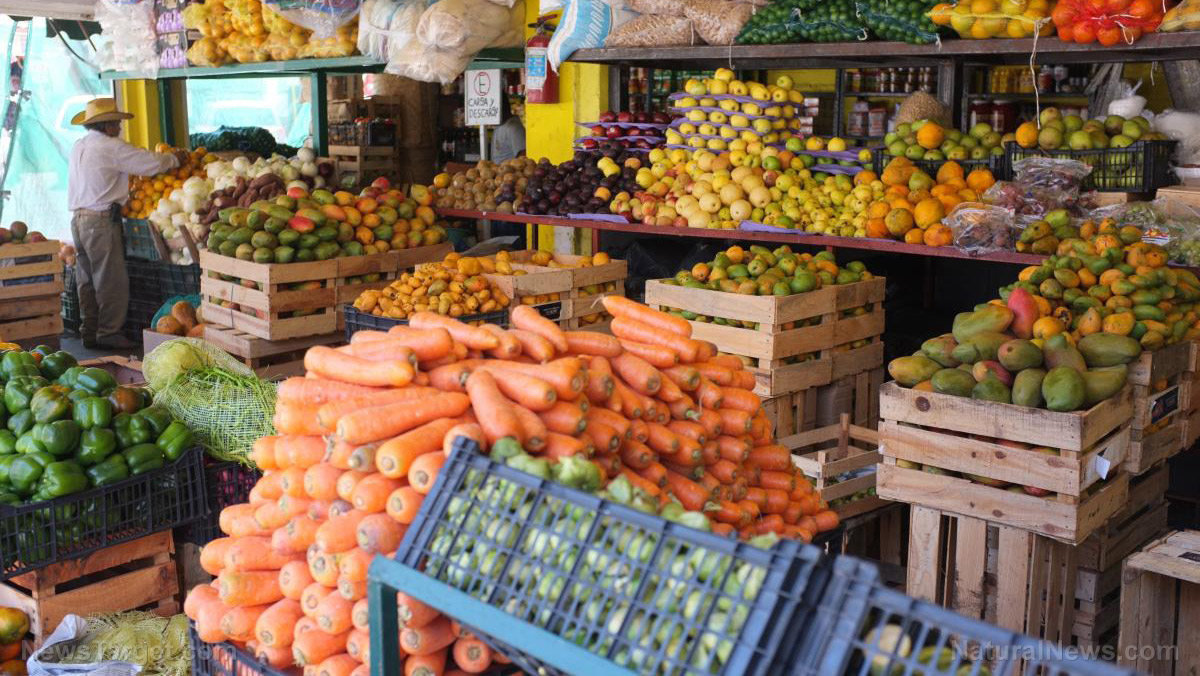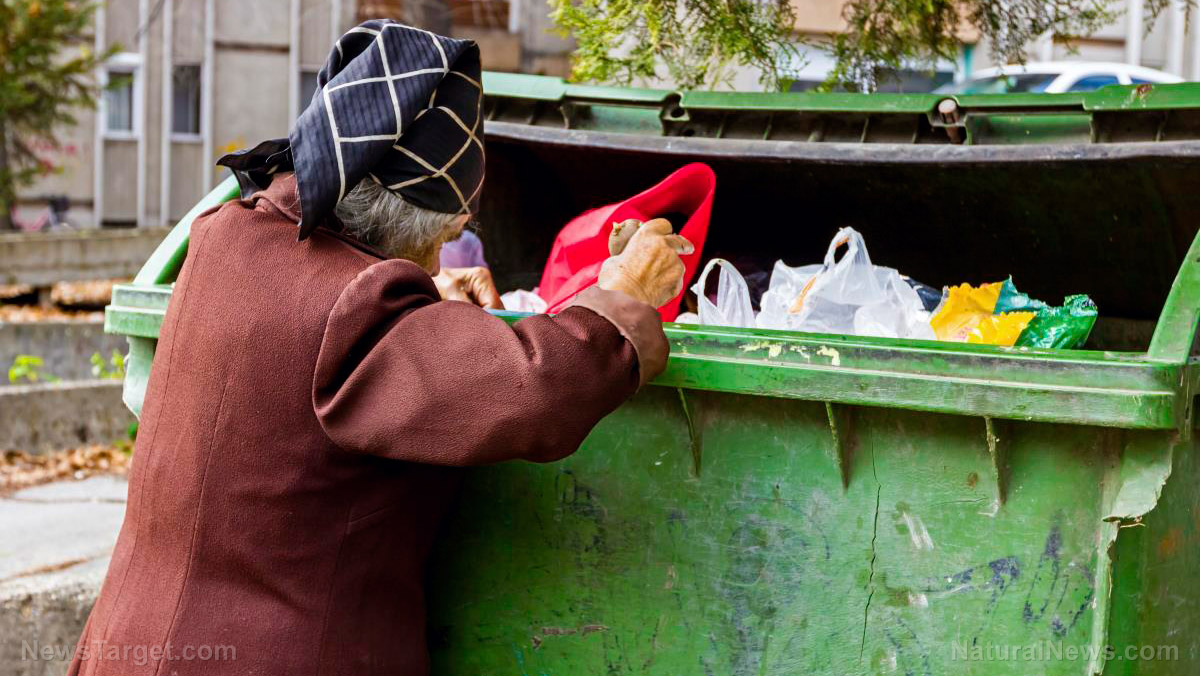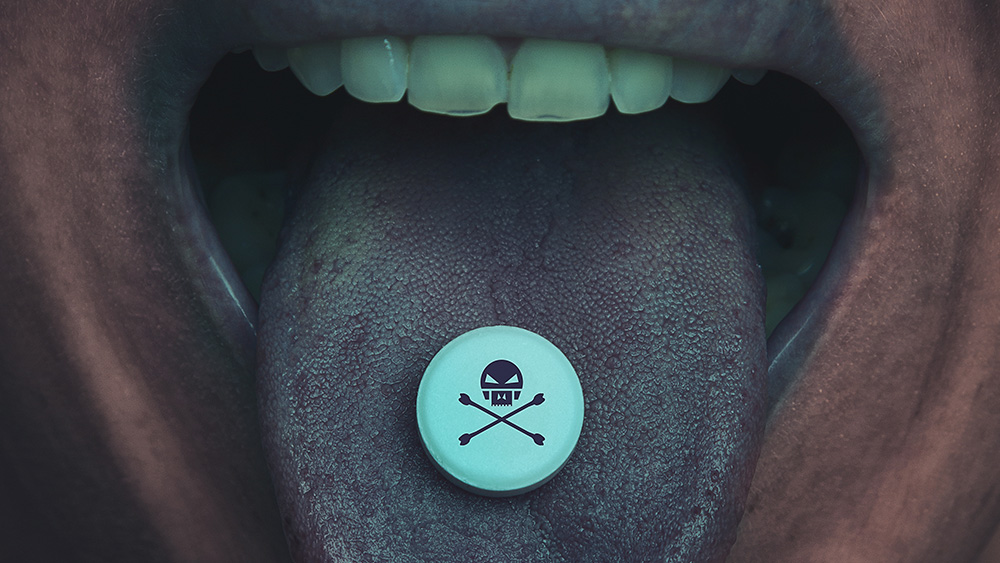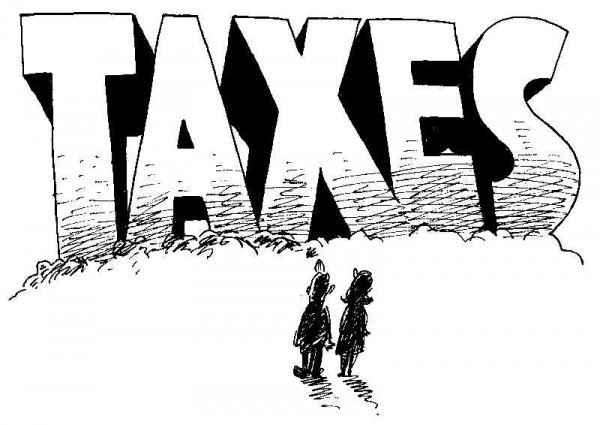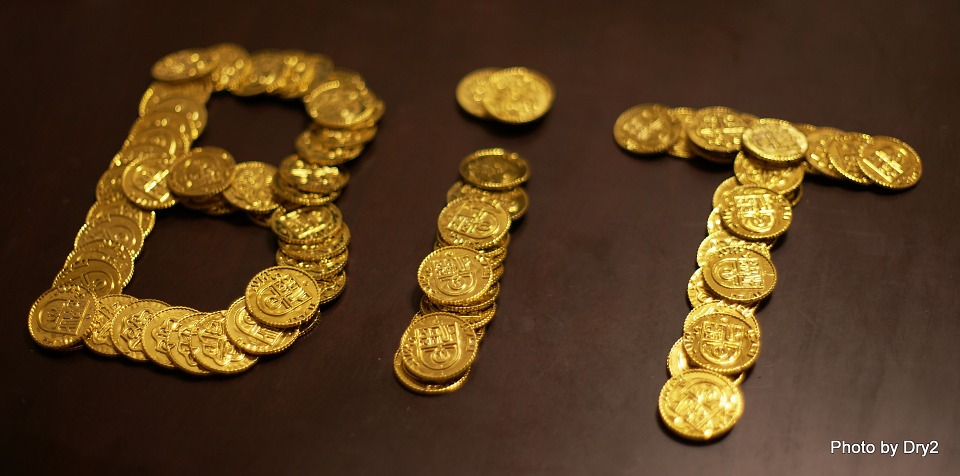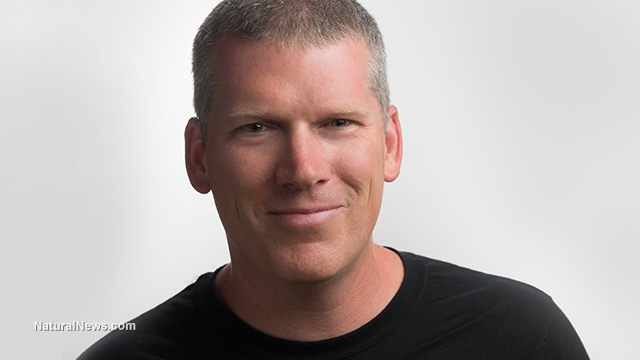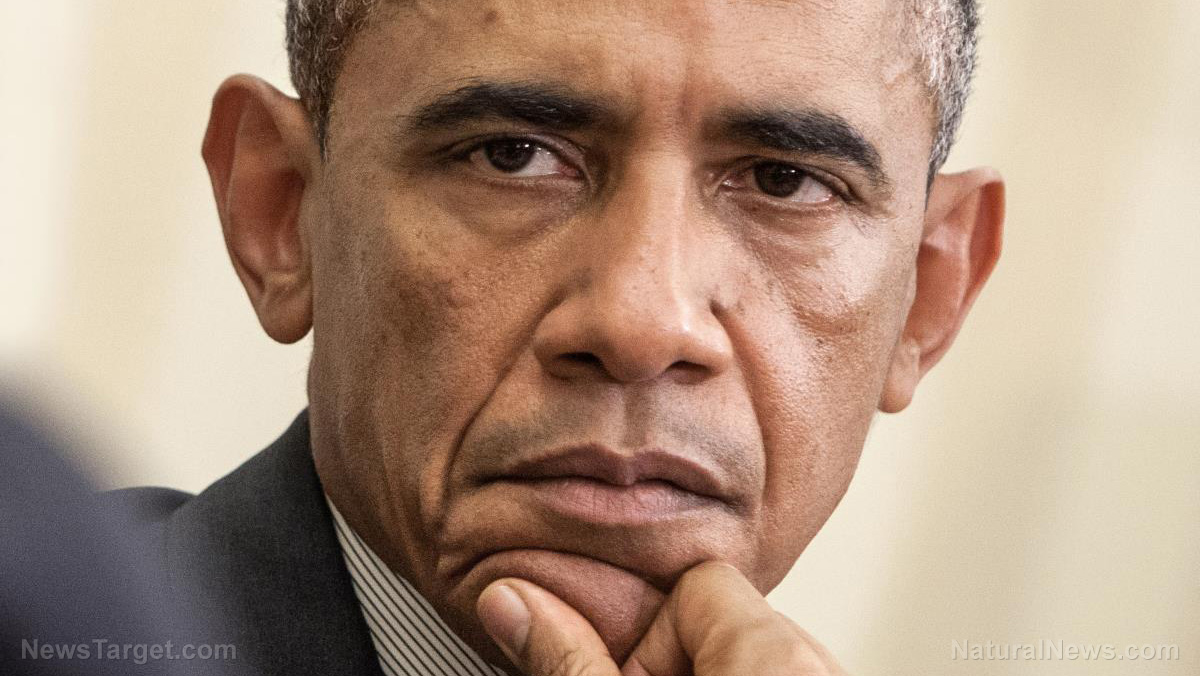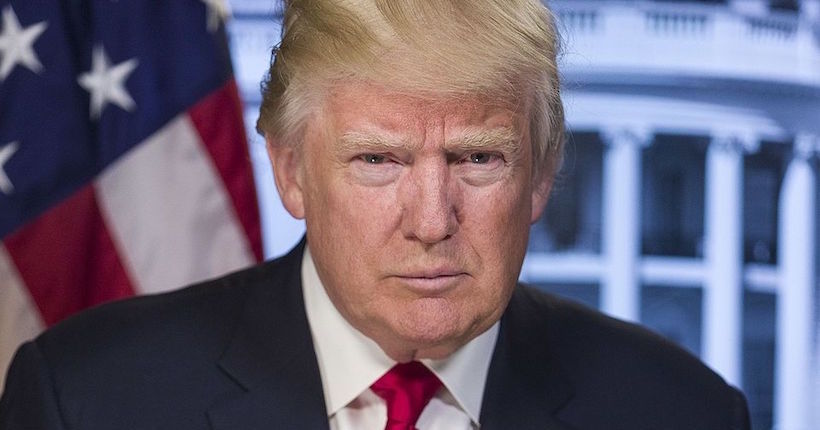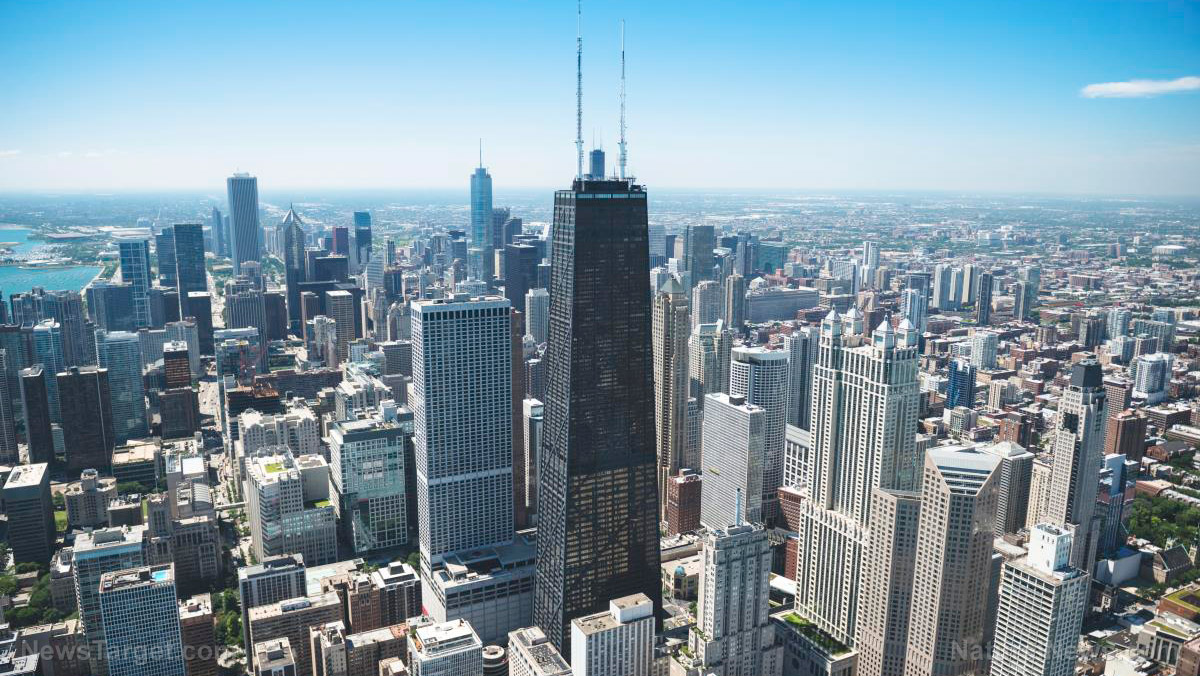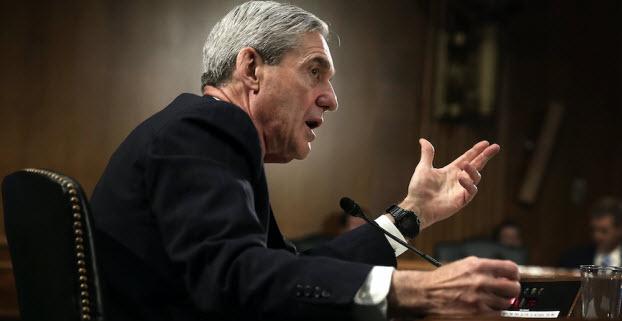Grocery store hemp seeds could become Schedule I controlled substances under new DEA power grab
01/28/2017 / By JD Heyes

If you’re an American who is tired of big, fat, inefficient government stealing your liberty and freedom, you’re thrilled that Donald J. Trump was sworn in as President. That’s because all throughout his campaign (and since), he pledged to cut the federal bureaucracy and curb its power.
Presumably, that also includes the Drug Enforcement Agency and its war on hemp.
As Natural News founder/editor Mike Adams, the Health Ranger, reported in recent days, the DEA just launched the latest salvo in the war against human freedom by quietly adding all cannabinoids (including CBD) to its “Schedule I” classification of controlled substances, a ruling which went into effect January 13.
Granted, this is not something that is very high on the president-elect’s list of must-do items—he’ll have his hands full when he prepares to hit the ground running after being sworn in. But hopefully his pick to run that agency will soon see the fallacy of this cannabinoid decision, especially in light of its proven medical benefits that have been demonstrated through decades of research (and centuries of use).
The language of the DEA’s ruling means that, in essence, it has acted completely outside of the scope of the proper legislative apparatus—Congress—in rescheduling cannabinoids as a controlled substance it now labels as a “Marihuana Extract” (yes, it is spelled with the “h” rather than the “j”). This extract is, according to DEA, any that contain “one or more cannabinoids…”
The sky is NOT falling—yet
But of course, CBD is a non-psychoactive cannabinoid, meaning it doesn’t produce the “high” you can get from smoking pot (THC is the substance that produces the psychoactive effect). It is just one in more than 100 cannabinoids that are found in hemp extracts including CBD-A, CBG, CBC, CBN and so forth.
The DEA, in other words, with the stroke of a pen, is attempting to criminalize an entire industry simply because some bureaucrat who has less than a rudimentary knowledge of cannabinoids and hemp thinks it is dangerous. It is not.
In fact, as the Hemp Industry Association noted in a thoughtful response to the DEA’s reclassification titled, “The Sky is NOT Falling,” the new classification is actually not the final word in all this.
The HIA noted that a number of media stories and postings on social media led to some panic among many people who believed that CBD was being banned by the agency.
“The sky is NOT falling,” HIA said. “The Final Rule published by DEA did not change the legal status of CBD. This can only be done by a scheduling action which has NOT occurred.”
The organization said it carefully reviewed the ruling with its legal advisors and has also discussed it with experts in the industry. Though there are differing opinions about what the rule could wind up being or meaning in full, “there is general agree that [the ruling] did not change the status of CBD.”
Importantly, the HIA wants people to know:
— Cannabidiol is not on the federal schedule of controlled substances list;
— Sect. 7606 of the Farm Bill defines hemp as being distinct from marijuana and as such it is not treated as a controlled substance when grown under a compliant state program;
— Despite these facts, the DEA has said that CBD is a controlled substance before;
— HIA said it “strongly disagrees” with the position taken by the federal drug agency and is “ready to take action to defend should DEA take any action to block the production, processing or sale of hemp under Sec. 7606;”
— The final rule, which was published Dec. 14, was not a “scheduling action” but rather was an administrative action that is related to record-keeping.
Grocery store managers as drug dealers?
Adams noted that the new rule could even affect grocery store owners who sell hemp seeds—will they now be treated as drug dealers?
He also notes that CWC Labs, where he is the science director, has developed a breakthrough method for accurately measuring levels of cannabinoids—even trace levels—in grocery store hemp seeds.
“Using our mass spec analysis, we are able to detect trace quantities of many different cannabinoids in grocery store hemp seeds, commonly used in a vast array of products from hemp milk to hemp protein bars,” said Adams. “According to the DEA, this means thousands of grocery stores across America will be guilty of felony crimes for distributing ‘drugs’ beginning January 13, 2017. The insanity of the DEA’s new rule is just astonishing.”
Stay informed about medical marijuana at Medical Marijuana Update.
Sources:
Tagged Under: Cannabinoids, CBD, DEA, NaturalNews.com, regulations

